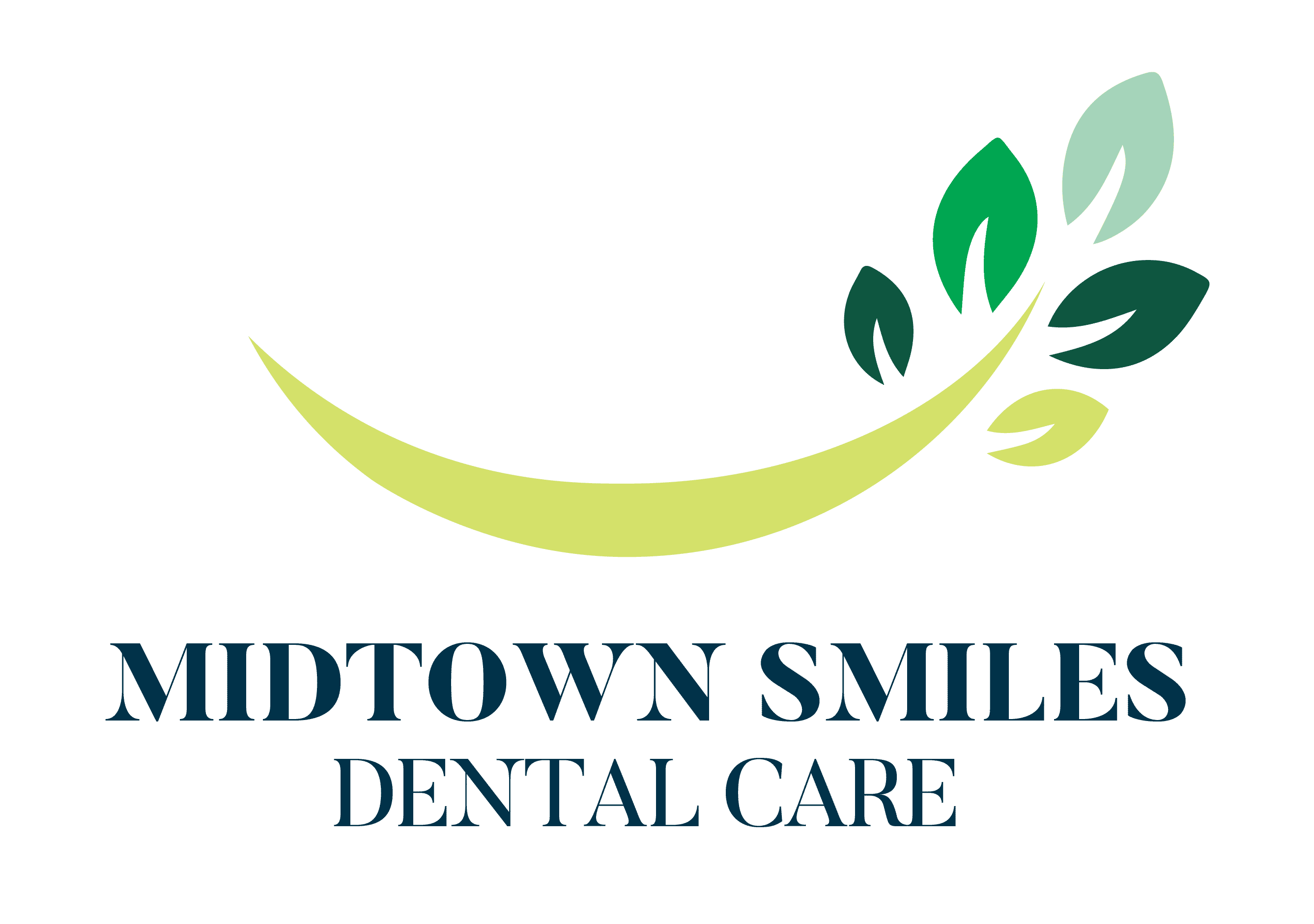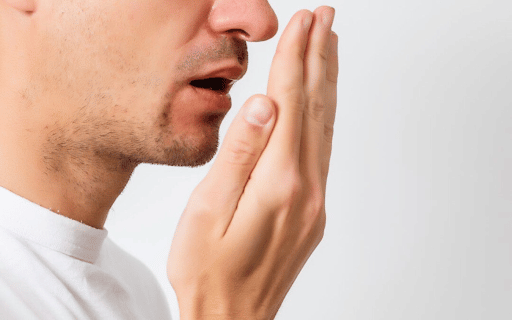Halitosis, or bad breath, is a widespread condition that affects millions of individuals. Unfortunately, bad breath can be an indication of dental problems and can lower your self-esteem.
HOW DENTAL VISITS HELP WITH BAD BREATH
While mints and gum can assist with bad breath, numerous underlying factors must be addressed in order to completely eliminate the problem. Here’s how seeing your dentist may help you avoid and treat bad breath so you can smile with confidence.
1. Treat and Prevent Gum Disease
Periodontal disease, often known as gum disease, is an infection of the gum tissue. Gingivitis is the earliest stage of gum disease and is totally curable and reversible. When gingivitis is neglected and allowed to progress, it causes tiny pockets to grow around the teeth. These microscopic pockets serve as craters for germs, food particles, and smells, and cleaning in these locations is very hard without expert assistance. This can lead to persistent bad breath, which can be difficult to manage on your own.
The advantage of seeing your dentist is that they can not only diagnose gum disease, but also treat it and help prevent it from recurring.
2. Remove Calculus and Tartar Buildup
If you haven’t had a normal dental cleaning in a while and suffer from bad breath, it’s time to schedule one. Professional teeth cleanings clean your teeth by removing hardened plaque and calculus. Even with the most advanced dental methods and instruments, plaque can harden on various surfaces of the teeth and become impossible to remove without the assistance of a hygienist. Hardened plaque and calculus not only creates foul breath, but it can also cause gingivitis and tooth decay.
3. Replace Old Restorations or Appliances
In certain circumstances, previous restorations or appliances are the source of bad breath. An old bridge or dental crown might become loose, allowing germs and smells to grow beneath the treatment. Old dentures or partials may develop smells that are hard to eliminate simply by soaking and washing. Because most dental restorations are not intended to last a lifetime, getting them changed on a regular basis might help your oral health. Your dentist can inspect your teeth for loose restorations and replace worn equipment.
4. Improve Poor Oral Hygiene Habits
Poor oral hygiene practices may easily impact the scent of your breath. In fact, not flossing is one of the most prevalent reasons for bad breath.
Your dentist may assist you with this issue by providing suggestions on how to better care for your teeth. Your dentist can evaluate if your teeth are as clean as they should be with a quick oral examination and what steps you may take at home to enhance your regimen.
5. Treatments for Tooth Decay
In many situations, foul breath is caused by tooth decay. It is, however, treatable with a simple oral exam and therapy. The aim is to remove the decay and replace it with a dental filling. A root canal may be required in some circumstances if decay has reached the inner pulp, or nerve, of the tooth. Taking care of damaged or rotting teeth can have a big influence on your breath.
6. Screen for Oral Cancer
Oral cancer, while less prevalent, can produce persistent bad breath as well as bad breath in the neck and behind the mouth. Other obvious indicators of oral cancer include lesions and tumors in the mouth, as well as chronic oral discomfort and tongue numbness. A dental checkup, on the other hand, can assist your dentist in detecting indicators of oral cancer. If clinical signs are found early, you may be able to undergo therapy to help prevent cancer from advancing.
Even after you’ve addressed the underlying source of your bad breath, regular dental visits are your greatest line of protection against bad breath and other more significant oral health issues. Your appointments may be arranged in advance, making it easier to remember when you need to go in for a checkup. Your dentist can assist you in receiving care as well as making advice on items and procedures that are vital for keeping your breath fresh.


